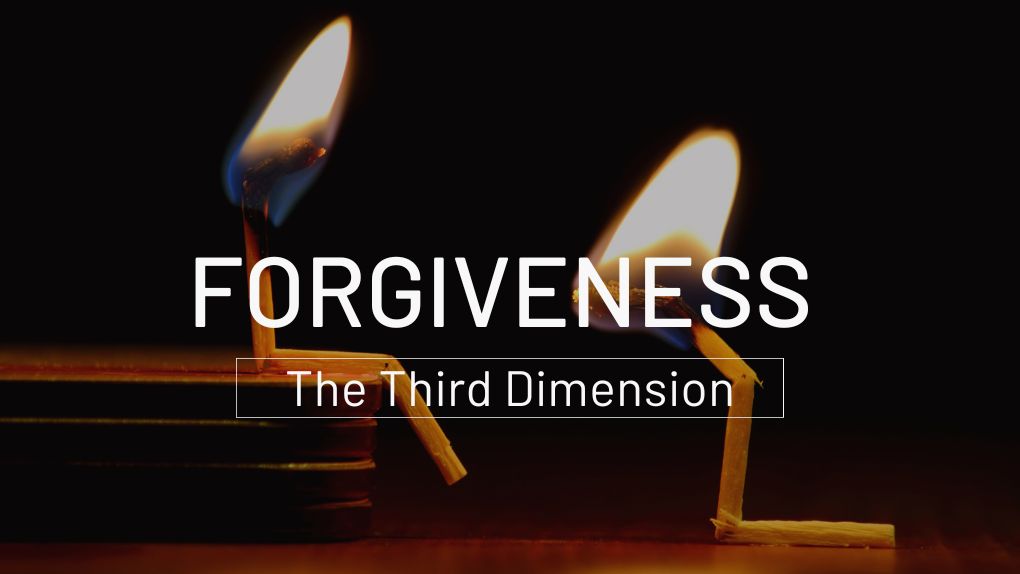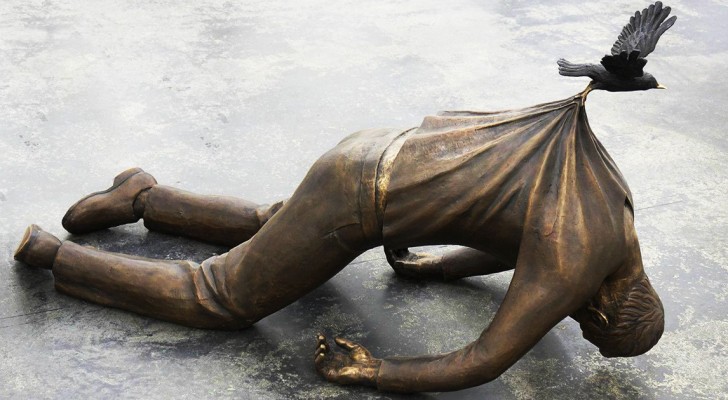There is an interesting Spanish story about a father and his son. Because of some issues, they became alienated and estranged. After some time has passed, the father, perhaps realizing the emptiness of his life without his son or possibly missing him, sets out to find and reconnect with him. He searched for his son for months. He searched for him everywhere but was unable to find him. In a last desperate effort to find his son, the father put an ad in a Madrid newspaper. The ad read: “Dear Paco, meet me in front of this newspaper office at noon on Saturday. All is forgiven. I love you. Your father.” To his surprise, eight hundred “Pacos” showed up on Saturday, looking for forgiveness and love from their fathers.
Everyone needs forgiveness. Forgiveness is one of the most essential building blocks of life and every relationship. Without forgiveness, we can not build or sustain any form of relationship. Marriage, friendship, and every other form of human relationship depend on our ability to forgive. In his book “No Future Without Forgiveness” Nobel Peace Prize-winning author, archbishop Desmond Tutu argues that human society and civilization are simply impossible without forgiveness. Forgiveness is universal and essential for being fully and wholly human.
There is a lot of talk about the need for forgiveness in our society. In a secular perspective, it is often portrayed in two ways: a. an internal and therapeutic process that helps us gain closure and healing, or b. as an external and transactional process of justice where we grant and extend forgiveness when we feel ready, the individual in question earned our forgiveness or suffered far and long enough, or when justice was served in some way or another.
Forgiveness has an equally important role in our faith. But an amazing dimension of forgiveness emerges when we view it within its spiritual context, one where the two secular views of therapeutic healing and justice are beautifully merged, one where forgiveness is not self-centered or transactional, one which is revealed most clearly and brilliantly in our redemption through divine forgiveness through the crucifixion of Christ. God did not grant us forgiveness through the crucifixion and resurrection of Christ because He needed to find closure and healing, nor did He do so because we earned his forgiveness in any way or because justice was served. He did it out of his abundant love. Forgiving not because of justice, revenge, personal healing, or gain but in the name of love for God and humanity, forgiving because He forgave us first and taught us that only by doing so can we truly achieve both – healing and justice in our lives, to whom glory today and forevermore, amen.


